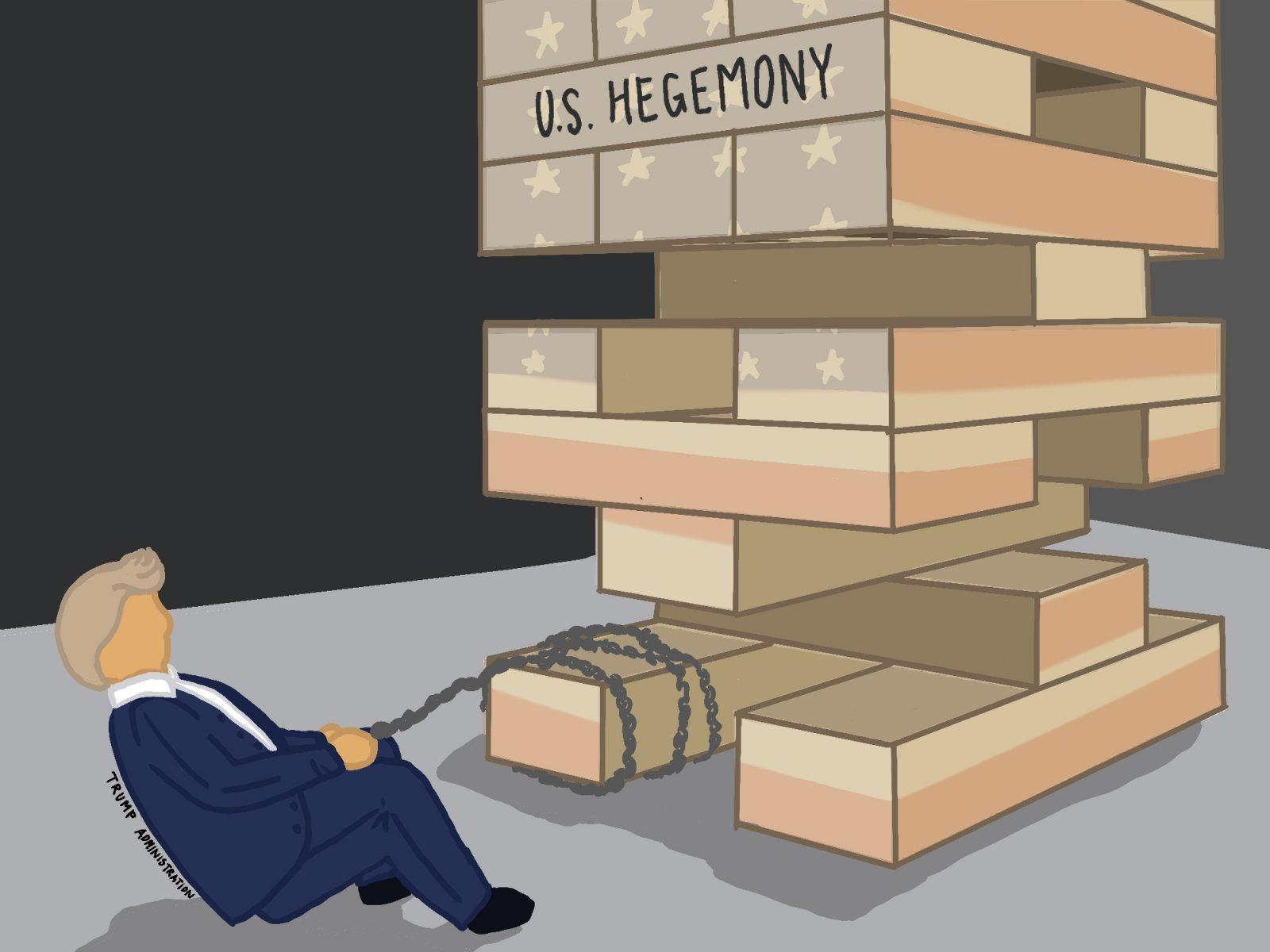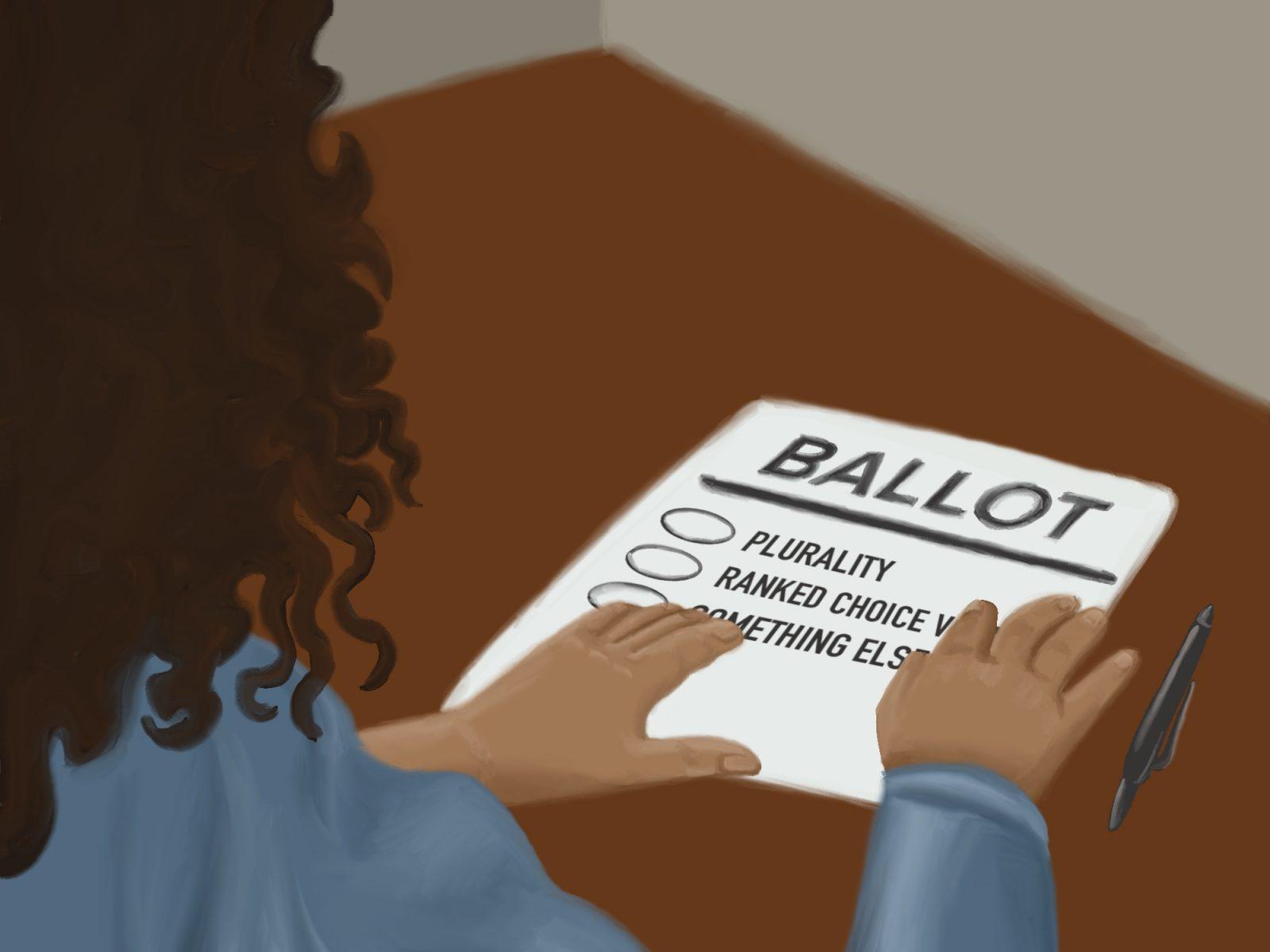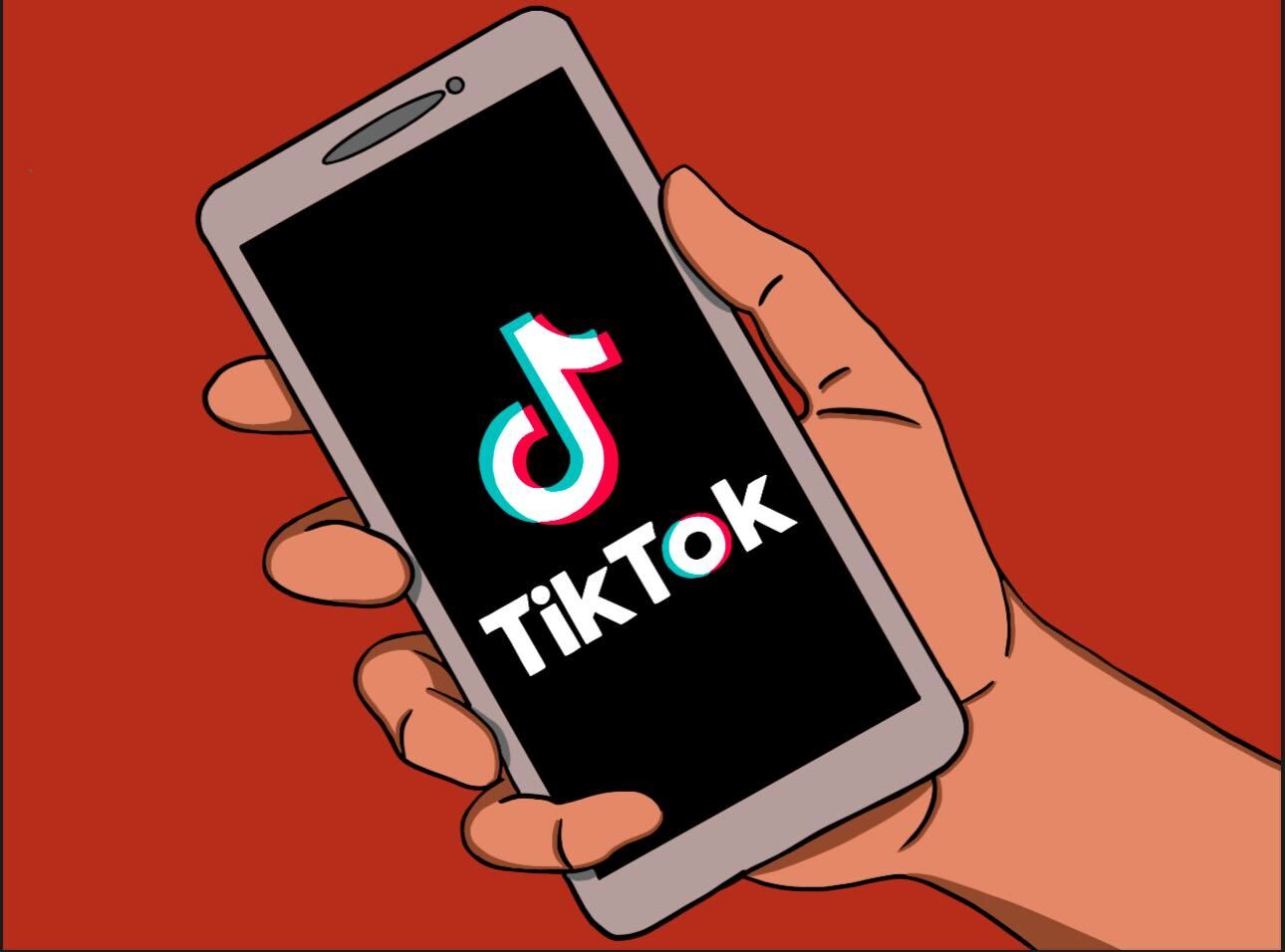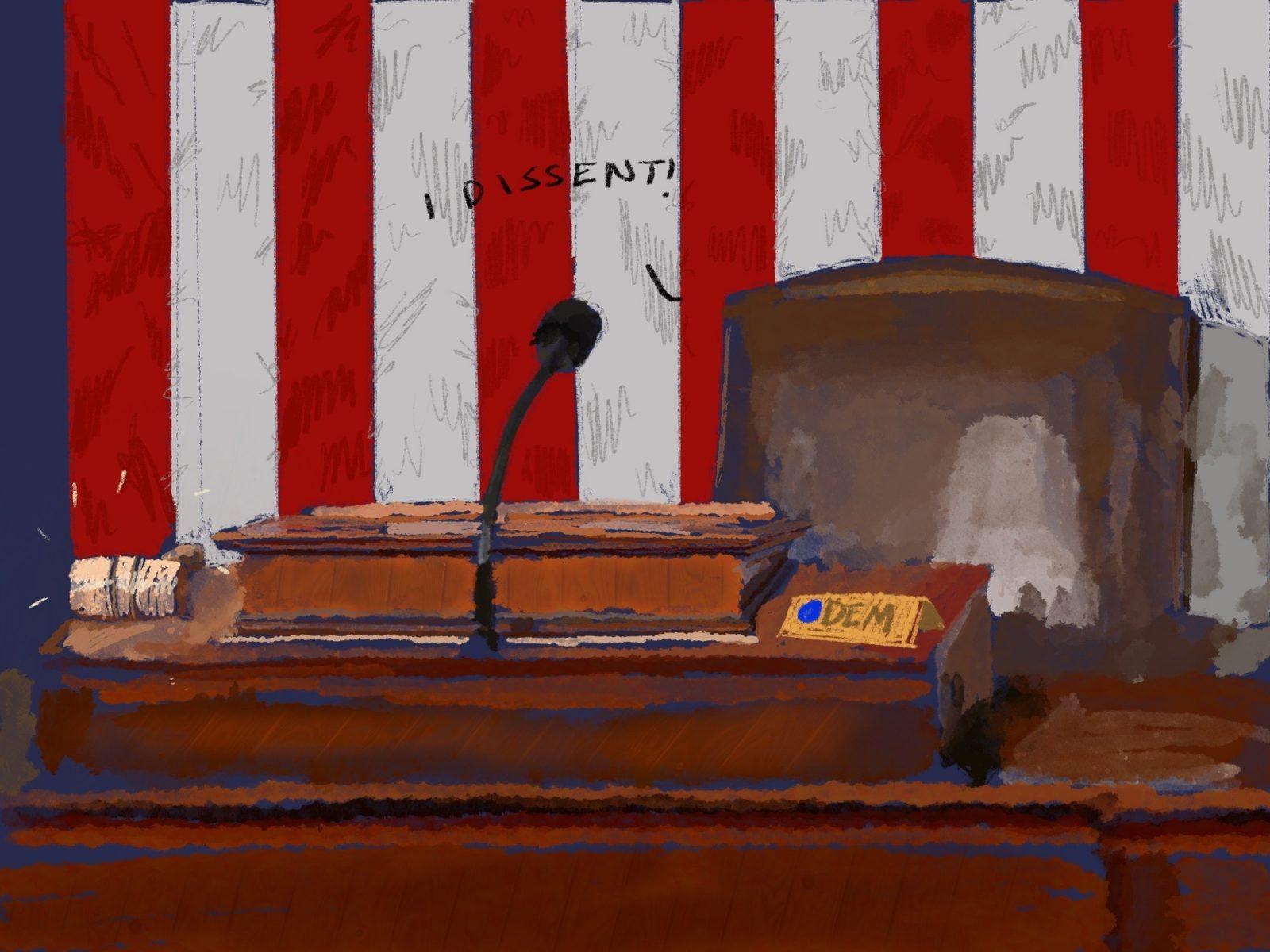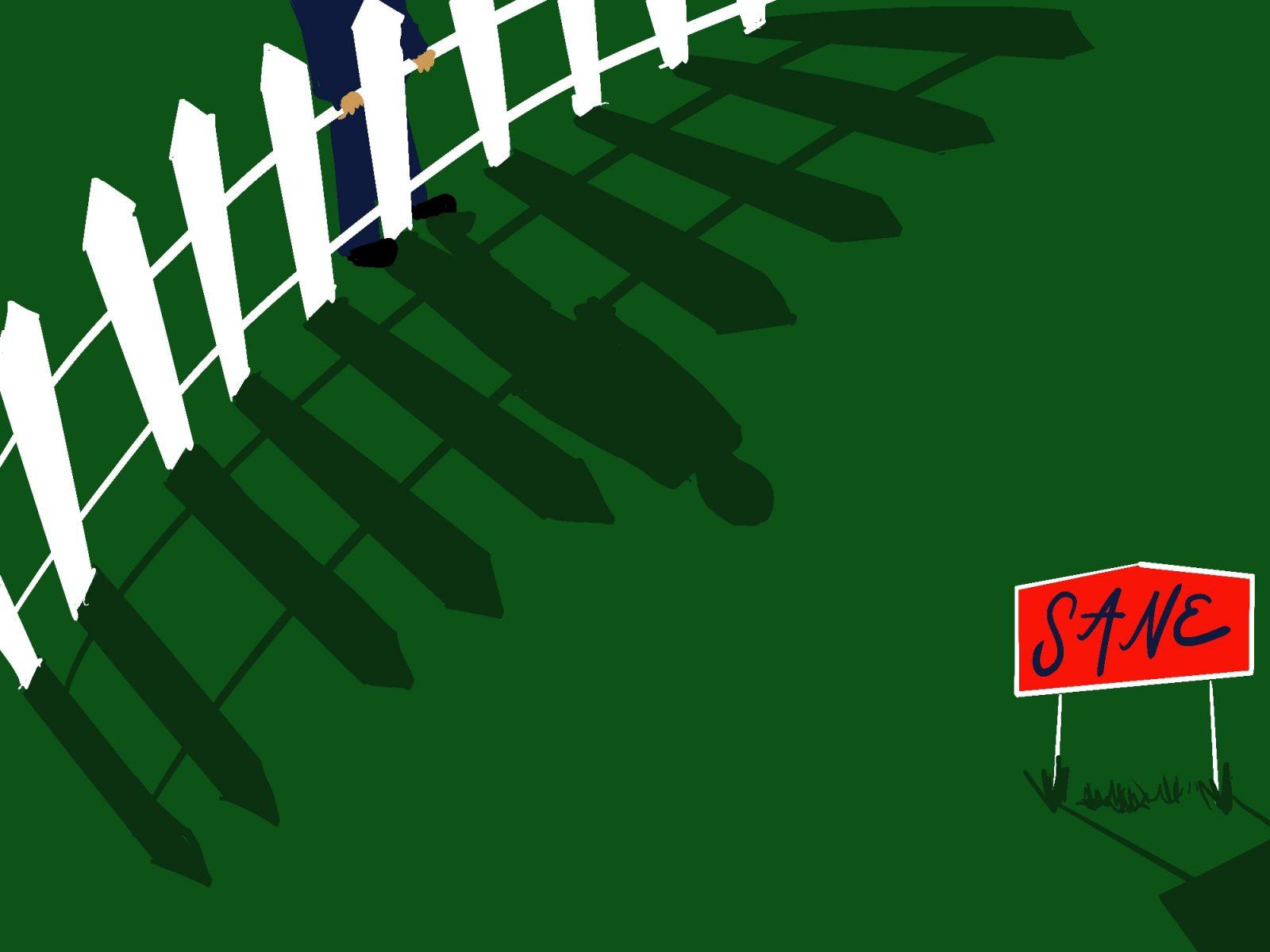Ignorance might be bliss, but where do we draw the line? By all means, government programs designed to help Americans in need should be implemented effortlessly. These constituents already have enough problems to take care of, and minimizing additional burdens is the exact purpose of these programs.
So when the Republican party revealed their plans to cut funding to these programs — including Medicare, Medicaid and Social Security — and increase costs of living, all while giving companies and the wealthy further tax cuts, I began to fear that ignorance may no longer be bliss.

As of September 2023, more than 88 million Americans are enrolled in Medicaid and the Children’s Health Insurance Program, according to the US Department of Health and Human Services. In February 2023, around 66 million Americans collected Social Security benefits, according to the Center on Budget and Policy Priorities. Meanwhile, Fortune 500 companies profited $2.9 trillion that year.
Under the assumption that the Republicans who introduced this plan don’t despise the lower and middle classes, their provided reasoning is that “hard-working Americans [shouldn’t] be paying for all the social services for people who could make a broader contribution and instead are couch potatoes,” as Florida Rep. Matt Gaetz said at a news conference last month.
This reasoning comes in spite of the U.S. Census Bureau finding Social Security “to be the most important antipoverty program in 2022, moving 28.9 million people out of. ”
Not to mention that 93,000 of the constituents in Gaetz’s own congressional district live below the poverty line — 106,000 of them rely on Medicaid and 84,000 on Medicare.
And on the topic of handling finances, the states who dominate the national leaderboard for reliance on federal funds are nearly all Republican states, including Alaska, Kentucky, West Virginia, Mississippi and North Dakota.
Finally, to round out this dilemma, U.S. government constituents can’t come to a consensus towards federal programs.
Between Republican states, Republican voters and even Democratic voters, this disconnect is becoming more and more of an issue, according to political scientist Suzanne Mettler, who has dedicated much of her research to the disconnect between those who disapprove of these programs, yet rely on them.
Mettler cited a study that found 44.1% of beneficiaries from Social Security replied to a survey saying they have never used a government social program. Similarly, 27.8% of Medicaid recipients, 53.3% of student loan recipients, 39.8% of Medicare recipients and 25.4% of food stamp recipients, among recipients of many other programs, all responded with the same answer.
The punch line of this story? Naturally, it’s to ask what any of this has to do with us.
The answer is obvious for those who rely on government programs: More pushback against these dastard policies is pivotal — and not just specifically against those for Medicare, Medicaid and Social Security.
Actions have already been made to cut funding for other programs such as the Supplemental Nutrition Assistance Program, formerly known as food stamps, and the Housing and Urban Development’s Public Housing Program, affordable housing and homelessness programs.
Other programs, such as President Joe Biden’s student loan forgiveness program, have been vehemently opposed and blocked by Republican politicians.
Constituents not speaking up for these programs that millions of Americans rely on not only allows the government to take actions to remove these programs but also signals that further actions to cut other programs could be taken.
But speaking out and pushing back against these cutting policies isn’t the only actionable thing we could do. Simply put, the Democratic party and those who are in support of welfare programs are not providing enough education on their existence, what they do and their implications for Americans.
Mettler’s analysis demonstrates Americans’ lack of understanding of what they already can receive. And this isn’t unique to federal programs. The topic of politics as a whole can be so untouched by Americans in general.
Only 37% of eligible voters cast a ballot in the 2018, 2020 and 2022 elections, according to Pew Research. Separately, only 37% of US survey respondents said that it is very important to follow what’s happening in politics in one’s own country, according to Pew Research.
America has a political understanding problem. Many of us don’t feel like politics are important or are something we need to participate in. Many of us don’t see the effects of politics on our lives.
This is a great opportunity for the Democrat party to step in and educate the public on different programs and political organizations.
Maybe then, the notion that “ignorance is bliss” would cease to exist.





















































































































